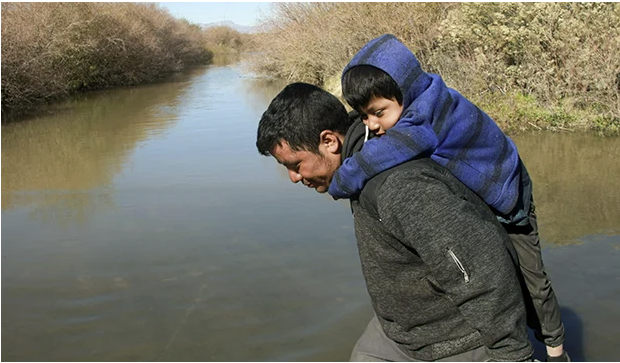The fraught relationship between abortion and adoption
The Post’s April 7 front-page article “Would a reunion with her 1-year-old offer the healing a Texas woman needed?” told the story of Evelyn, who was denied an abortion in her home state of Texas, and whose daughter, Olivia, was adopted by a woman with greater financial resources. In my research on domestic adoption, I spoke with dozens of women like Evelyn, and came to understand their stories deeply. Evelyn’s journey, however moving, is not representative of what research reveals about how people make decisions after being denied abortion care and under what circumstances mothers will relinquish their children.
First, contrary to conservative hopes, the overwhelming majority of people seeking an abortion do not see adoption as a good and meaningful alternative. In recent years, there have been between 850,000 and 1 million abortions annually (that number actually increased after Dobbs v. Jackson Women’s Health Organization) and only about 20,000 domestic adoptions of infants. Abortion is a common experience; adoption relinquishment is rare. The latter cannot substantively replace the former. In one survey of 5,000 abortion patients, 99 percent said they were not interested in relinquishing a child for adoption instead of having an abortion; just 1 percent said they were “kind of” interested. Even among those who, like Evelyn, can’t obtain abortions, interest in adoption is low. In an analysis of the Turnaway Study — a longitudinal study that looked at what happened when participants were denied abortion access — we found that 91 percent of women chose to parent the children to whom they gave birth. More than increasing adoptions, abortion bans will increase the number of people parenting in circumstances they would not otherwise choose. Additionally, research participants who relinquished their children were most likely to report regretting not being able to get an abortion. Most mothers who relinquish infants do not try to obtain an abortion — most of them want to parent their children. It’s only when parenting feels impossible, usually by virtue of poverty or crisis, that adoption becomes the lifeline. These relinquishments are a testimony to our country’s failure to provide a meaningful social safety net for vulnerable families.
More From The Washington Post (subscription required):





